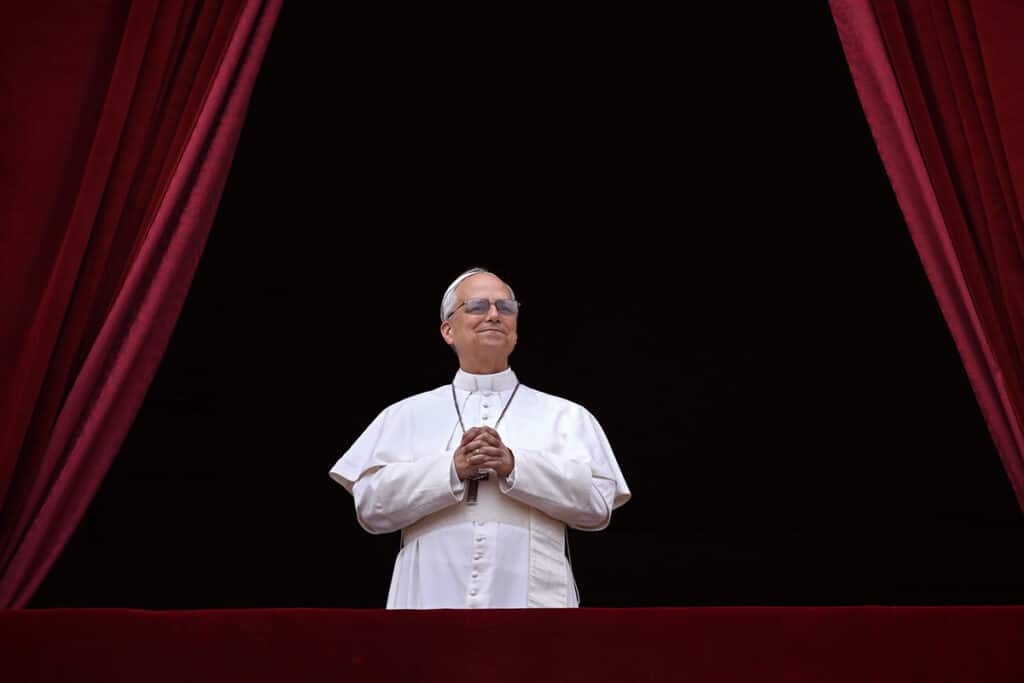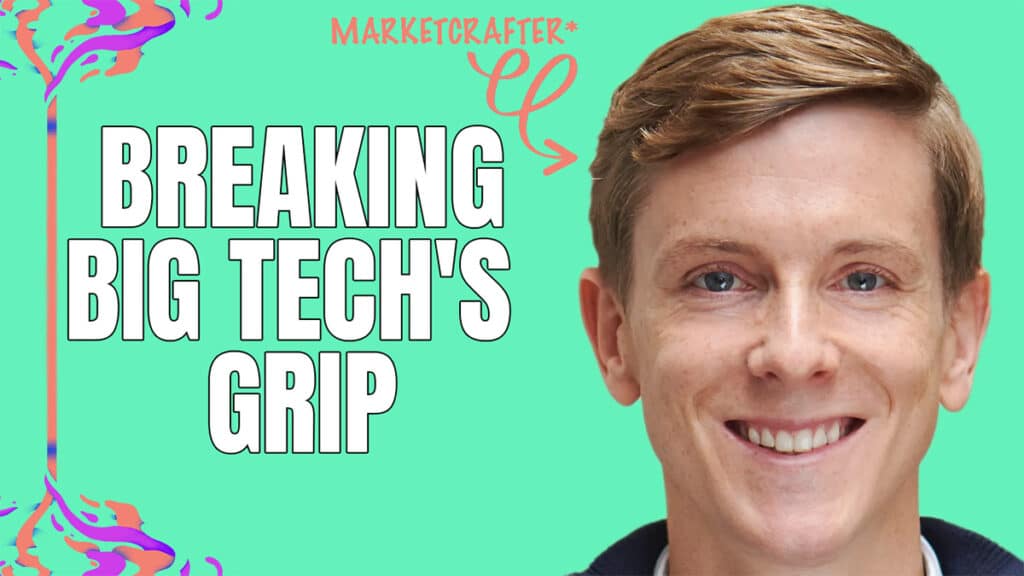Volcanoes are erupting in The Philippines, but on-fire Australia received some welcome rain. The Iran war cries have been called off and The Donald’s military powers are about to be hamstrung by the Senate. Meanwhile, his impeachment trial is starting, and we’re all on Twitter for a front-row seat.
What Could Go Right? The Pope Effect
Following the election of a new pope, the world took some surprising steps toward peace.
This is our weekly newsletter, What Could Go Right? Sign up here to receive it in your inbox every Thursday at 5am ET. You can read past issues here.
The Pope Effect

On Monday, Dylan Page, who with over 15 million followers runs TikTok’s second-largest news account (the British tabloid The Daily Mail runs the largest) posted a video covering the “pope effect.” Following the election of Cardinal Robert Prevost to Pope Leo XIV, conflict hotspots all over the world took some surprising steps toward peace.
India and Pakistan agreed to a ceasefire. The Kurdish militant group PKK announced that it would dissolve itself, ending a 40-year insurgency that had claimed tens of thousands of lives in Turkey, Iraq, and Syria. The European Union is preparing new sanctions on Russia, and in a move that caught even Russia’s President Vladimir Putin unawares, President of Ukraine Volodymyr Zelenskyy agreed to come to Turkey for peace talks, which are set to occur today despite the fact that Putin sent a delegation in his stead.
Even the trade war between the United States and China is being dialed back.
“Was the Pope pope-ing, or would this all have happened regardless?” asks Page.
Perhaps the Pope was indeed “pope-ing”—I can’t chime in on questions about spiritual matters—but in the earthly sense, none of this was connected to the new pope. Most or even all of it might not last, and on the whole, great power nations might be tilting toward increasing violence ($). Still, in a world in which the main players of the global narrative have, as of late, been dominated by the baddies, it is refreshing to acknowledge the possibility of a force for good.
The “pope effect” may not be entirely rhetorical. Previous popes have indeed moved the needle on global events, writes Progress Network member Diane Francis on her Substack. Pope John Paul II, who was Polish, was the spark that ignited Poland’s Solidarity movement and was crucial to the eventual fall of the Iron Curtain. His crusade, “contrasting centuries of Papal corruption, collaboration, wrongdoing, amorality, and geopolitical manipulation,” Francis writes, earned him a Nobel Peace Prize nomination in 2003, which he declined “out of humility.”
Inside the US, much has been made of the fact that Pope Leo XIV, who is American, was elected during President Donald Trump’s tenure, and that he once called out Vice President JD Vance on social media over comments about immigration. Per modern American tradition, he also has relatives with whom he disagrees politically.
Outside of it, he is considered less an American and more a citizen of the world. Vatican News, for instance, called him not the first pope from the United States but the second from the Americas, after Pope Francis, who was Argentinian.
The new pope’s very constitution, however, is like a foil for the far right. A dual citizen with Peru, where he lived for decades serving the poor, he is multilingual and multicultural. He is also the first pope from the Augustinian order, which emphasizes community, service, and humility, and the first with a math degree.
In a small first step, Pope Leo called for peace in Ukraine and Gaza during his first blessing, on Sunday. Whether he will improve on Pope Francis’ efforts to achieve it—the late Pope’s legacy, at least inside Ukraine, is mixed—remains to be seen.
A real manifestation of the “pope effect,” however, could be transformative.
What Could Go Right? S7 E11: Modern Money and Marketcrafters with Chris Hughes

How can we reshape the American economy? Zachary and Emma speak with Chris Hughes, Facebook co-founder, Chair of the Economic Security Project, and author of Marketcrafters: The 100-Year Struggle to Shape the American Economy. Chris discusses the differences between marketcraft and Trump’s tariffs, how marketcraft has succeeded with antitrust and anti-monopoly laws, and historical examples of marketcraft, including the Strategic Petroleum Reserve and the CHIPS and Science Act. | Listen now
By the Numbers
$200B: The amount that the philanthropic organization the Gates Foundation has committed to giving away over the next two decades to advance public health, before its sunset. Its founder, Bill Gates, explained his decision to The New York Times in an interview.
60%: The drop in the maternal mortality ratio in Sudan between 2009 and 2019.
171M: The number of people India lifted above the extreme poverty line, defined as living on less than $2.15 per day, between 2011 and 2023.
70%: The share of ferries currently on order that are electric.
>50%: The increase in cycling in the City of London over the past two years. With that change has come a drop in motor and freight traffic and an improvement in air quality.
Quick Hits
📉 This year’s respiratory syncytial virus (RSV) season was different than the ones in the past, with the arrival of a first-ever vaccine as well as a new treatment for newborns afflicted with the virus. The result was a dramatic drop in baby hospitalizations in the US, and a small decline in the infant mortality rate.
🐍 Scientists have created an antivenom that is, in mice, at least partially protective against 19 of the world’s deadliest snakes. The trick? Using antibodies derived from an American man who had built up a venom tolerance by allowing himself to be bitten over 200 times by various snakes.
💉 The world’s first trial of a fridge-free vaccine has gotten underway in the United Kingdom. The vaccine, which is stable at room temperature, could be a game changer. Fifty percent of vaccines are wasted globally each year due to cold chain issues.
☀️ Which country is the third-largest importer of solar panels? Pakistan. CNN covers the country’s surprising and people-led solar boom. And which country is the world’s solar leader? Another surprise: it’s Hungary.
🚦 Countries that have adopted the Safe System approach, a style of urban planning that designs for traffic safety in mind, have seen striking declines in traffic fatalities. A national movement within the US is needed for us to see the same, argues a former diplomat.
🔞 Missouri has voted to ban child marriage by increasing the minimum age of marriage to 18. Previously, 16- and 17-year-olds were allowed to marry if the other party was under 21, but had no legal right to divorce. The bill is awaiting the governor’s signature.
🔬 Researchers are making progress on developing an “inverse vaccine,” a vaccine that can treat autoimmune diseases by suppressing parts of the immune system itself.
👀 What we’re watching: “The Saudi Arabia you used to know no longer exists.” The Economist covers the country’s astonishing transformation from jihadist funder to peacemaker.
TPN Member Originals
(Who are our Members? Get to know them.)
- How to survive the Trump years with your spirit intact | NYT ($) | David Brooks
- The bliss of a quieter ego | The Atlantic ($) | Arthur C. Brooks
- Brain drain | No Mercy/No Malice | Scott Galloway
- Viktor Orbán is in trouble. Europe’s populist right isn’t. | GZERO | Ian Bremmer
- Personality cults and “insult suits”: Noise and silence in authoritarian propaganda | Lucid | Ruth Ben-Ghiat
- Tensions rise between India and Pakistan | Tangle | Isaac Saul
- Ailing states | The Edgy Optimist | Zachary Karabell
- Doubling down on climate won’t win the Senate | Slow Boring | Matthew Yglesias
 Superintelligence and national security with AI expert Dan Hendrycks | Faster, Please! | James Pethokoukis
Superintelligence and national security with AI expert Dan Hendrycks | Faster, Please! | James Pethokoukis


